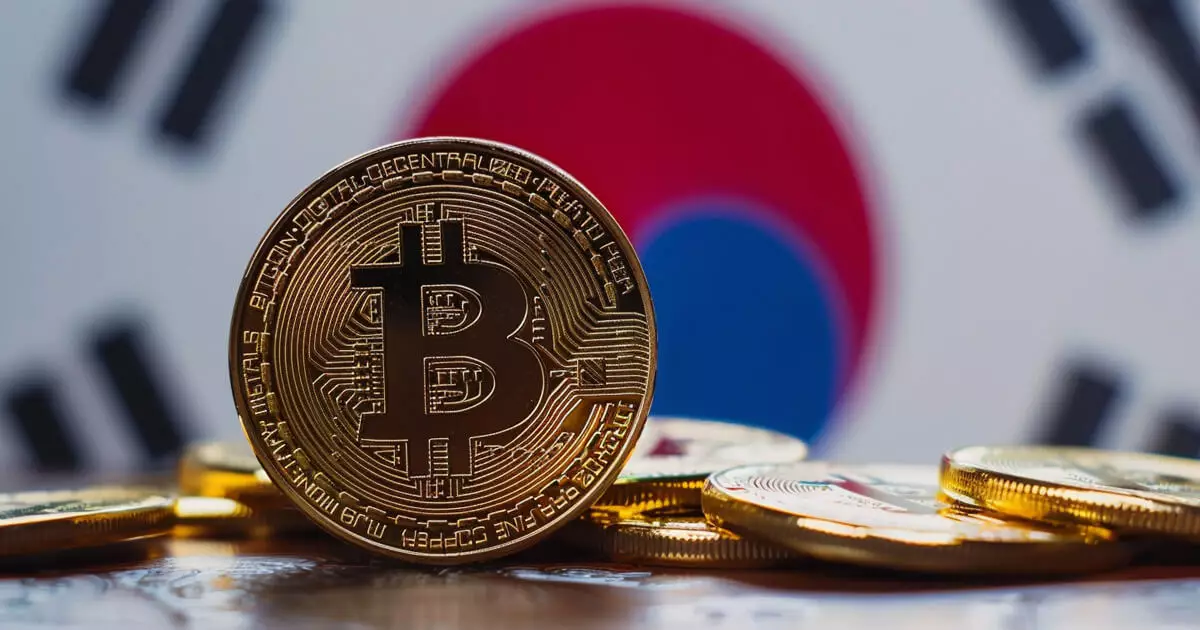On October 10, 2023, the Financial Services Commission (FSC) of South Korea unveiled its plan to establish a Virtual Asset Committee. This initiative seeks to enhance the framework surrounding spot crypto exchange-traded funds (ETFs) in the nation, an area that has been puzzle piece amidst the broader global cryptocurrency landscape. By incorporating input from government officials and private sector experts, this committee aims to deliver a well-rounded perspective on issues plaguing the South Korean crypto market, thus nurturing a safer environment for investors.
At the helm of this new committee is Vice Chairman Soyoung Kim, a seasoned figure within the FSC who will guide the discussions and decisions. Members will include representatives from various governmental departments as well as nine experts from private organizations. The responsibilities of the Virtual Asset Committee extend beyond the mere approval of ETFs; it is also tasked with tackling pressing issues in the digital asset arena, particularly corporate accounts, which remain a contentious topic due to anti-money laundering (AML) concerns. The FSC’s proactive approach aims to align with best practices globally while addressing local challenges comprehensively.
Currently, the South Korean Capital Markets Act prohibits the introduction of Bitcoin and other cryptocurrency ETFs. This restriction has stifled innovation and limited investment opportunities, leading many stakeholders to push for regulatory reform. The FSC’s public acknowledgment of this situation marks a pivotal moment in South Korea’s regulatory landscape. It indicates a potential easing of constraints, hinting that the committee might pave the way for the eventual acceptance of ETFs. However, such advancements may be contingent upon satisfactory measures to counteract issues of compliance and security.
In tandem with the establishment of the Virtual Asset Committee, the FSC has also initiated the Digital Asset User Protection Foundation. This non-profit entity aims to safeguard consumer interests, providing means for recovering assets from service providers that have gone offline. As the landscape for digital asset service providers undergoes scrutiny, with renewal applications for licenses being reviewed before expiring in October 2024, consumer trust remains a guiding principle behind these regulatory efforts.
A significant market phenomenon in South Korea is the “Kimchi premium,” which refers to the premium South Korean prices command over global crypto markets. As articulated by CryptoQuant CEO Ki Young Ju, the approval of a spot Bitcoin ETF could substantially diminish this premium by unlocking market opportunities for arbitrage and enabling the entry of specialized funds and traders. This not only reflects growing demand for crypto in South Korea but also the necessity for an integrated approach to reduce price discrepancies between global and local markets.
With the FSC’s commitment to developing a more robust regulatory framework, including a focus on vulnerabilities in the trading oversight system, South Korea is positioning itself to become a significant player in the crypto space. The regulatory reforms on the horizon, particularly concerning crypto service providers, aim to create an environment that balances innovation and user protection. As these developments unfold, the nation’s ability to adapt and respond to the evolving crypto landscape will be crucial in determining the future of digital assets in South Korea.
















Leave a Reply